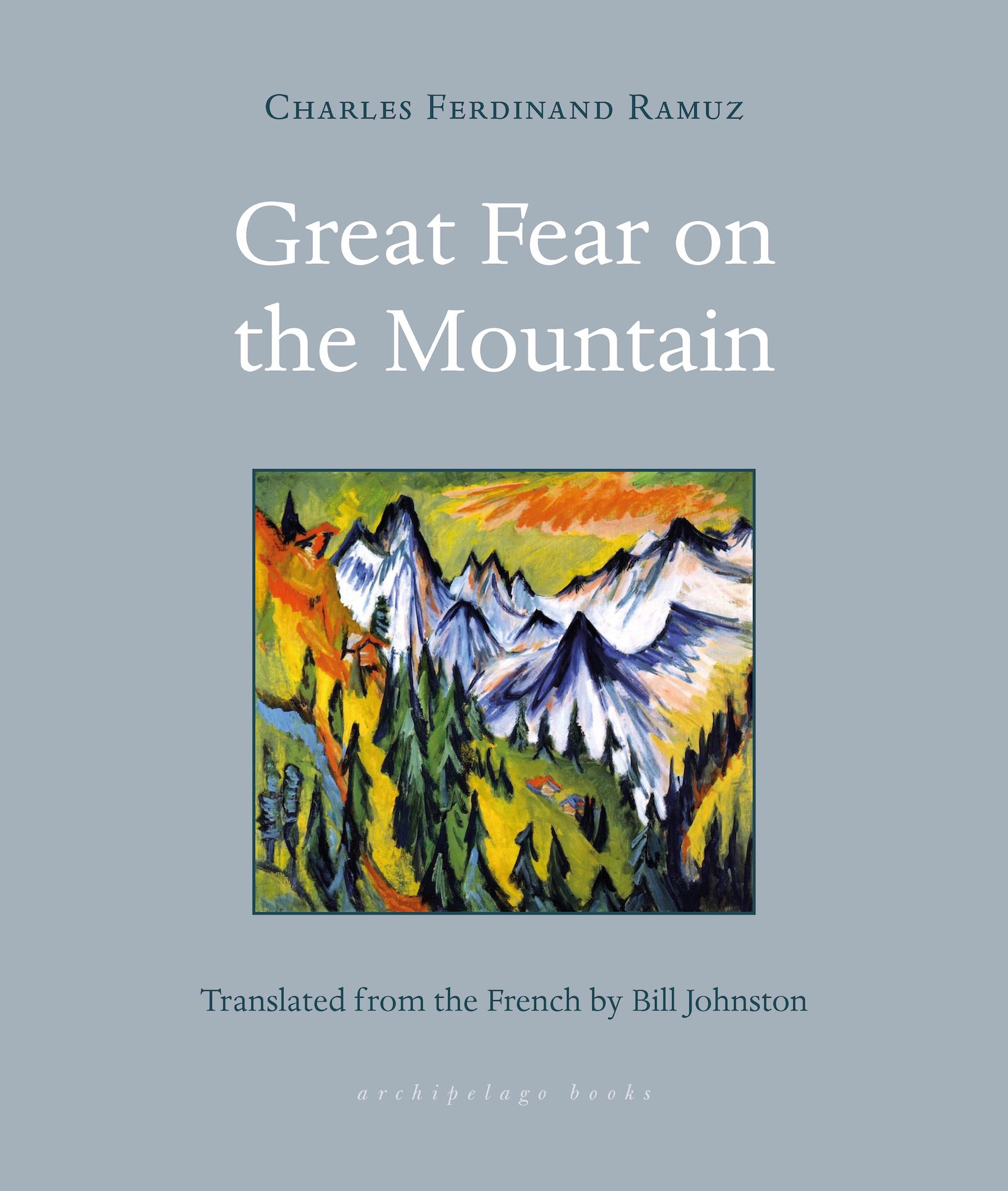Book Description
Feed is running low in a rural village in Switzerland. The town council meets to decide whether or not to ascend a chimerical mountain in order to access the open pastures that have enough grass to “feed seventy animals all summer long.” The elders of the town protest, warning of the dangers and the dreadful lore that enfolds the mountain passageways like thick fog. They’ve seen it all before, reckoning with the loss of animals and men who have tried to reach the pastures nearly twenty years ago. The younger men don’t listen, making plans to set off on their journey despite the elders’ pleas. Strange things happen. Spirits wrestle with the headstrong young men. As tension builds, Ramuz captures the terror seeping through each man’s spirit. Rhapsodic and tense, Ramuz brings the Swiss mountainside to life. One of the most talented translators working today, Bill Johnston captures the sublime turns of the original in his breathtaking translation.
Mankind in Ramuz's view can perpetually self-generate instead of self-destruct by embracing an inner beauty that is the source of our self-worth and empathy. He reminds his readers that an eternal state of flux is the only way to uncover those hidden layers and webs of selves, where we can stretch ourselves among others for a more whole and transcendent being. — Jennifer Kurdyla, Music & Literature
Through the telescope of time, it is easy to see how navigating both fluidity and fragmentation allowed Ramuz to join those twentieth-century novelists who redefined literature—Proust, Woolf, and Mann.— Patti M. Maexsen, Asymptote
The narrative voice is one of the most curious and distinctive aspects of [Beauty on Earth]. Part Greek chorus, part omniscient witness, it veers between every perspective and none, swooping in and out of people’s minds and concerns – not to mention pronouns and tenses. At times it has an almost hypnotic feel, with the repetition of key phrases giving the text a compelling timelessness, as though its events are taking place in an eerie eternal present.— Ann Morgan
The greatest Swiss novelist of the French language.— Francois Bondy, The New York Times

